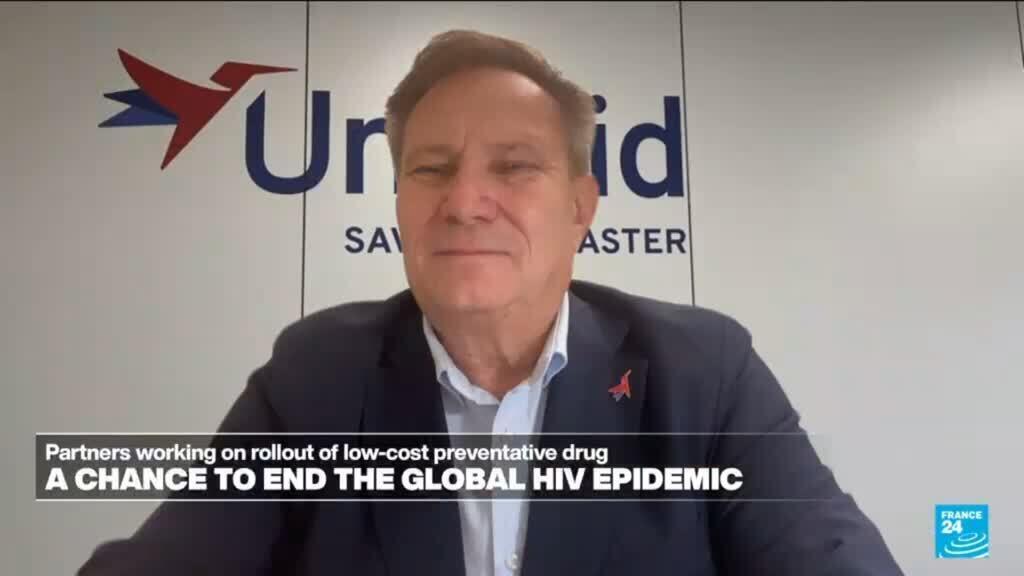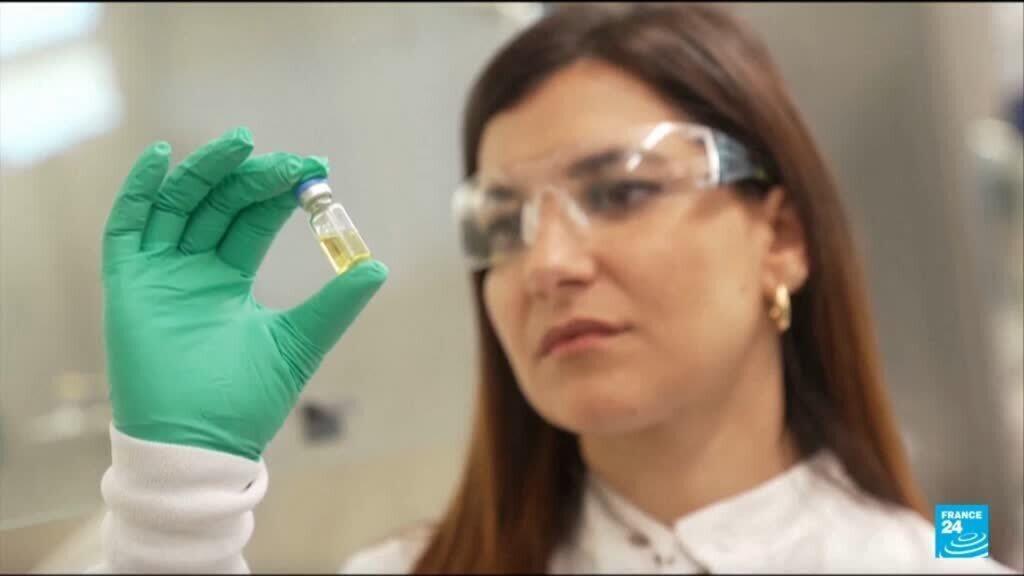Trump is threatening U.S. pharma with tariffs of 100% to push them to bring manufacturing home, but it may not be so easy to dislodge companies from places like the Irish village of Ringaskiddy
NegativeHealth

President Trump is taking a hard stance against U.S. pharmaceutical companies by threatening to impose 100% tariffs on those that do not manufacture their products in America. This move aims to encourage companies to bring their operations back home, but experts warn that it may not be as straightforward as it seems, especially for firms established in places like Ringaskiddy, Ireland. The implications of such tariffs could disrupt the pharmaceutical supply chain and impact drug prices, making this a significant issue for both the industry and consumers.
— Curated by the World Pulse Now AI Editorial System







